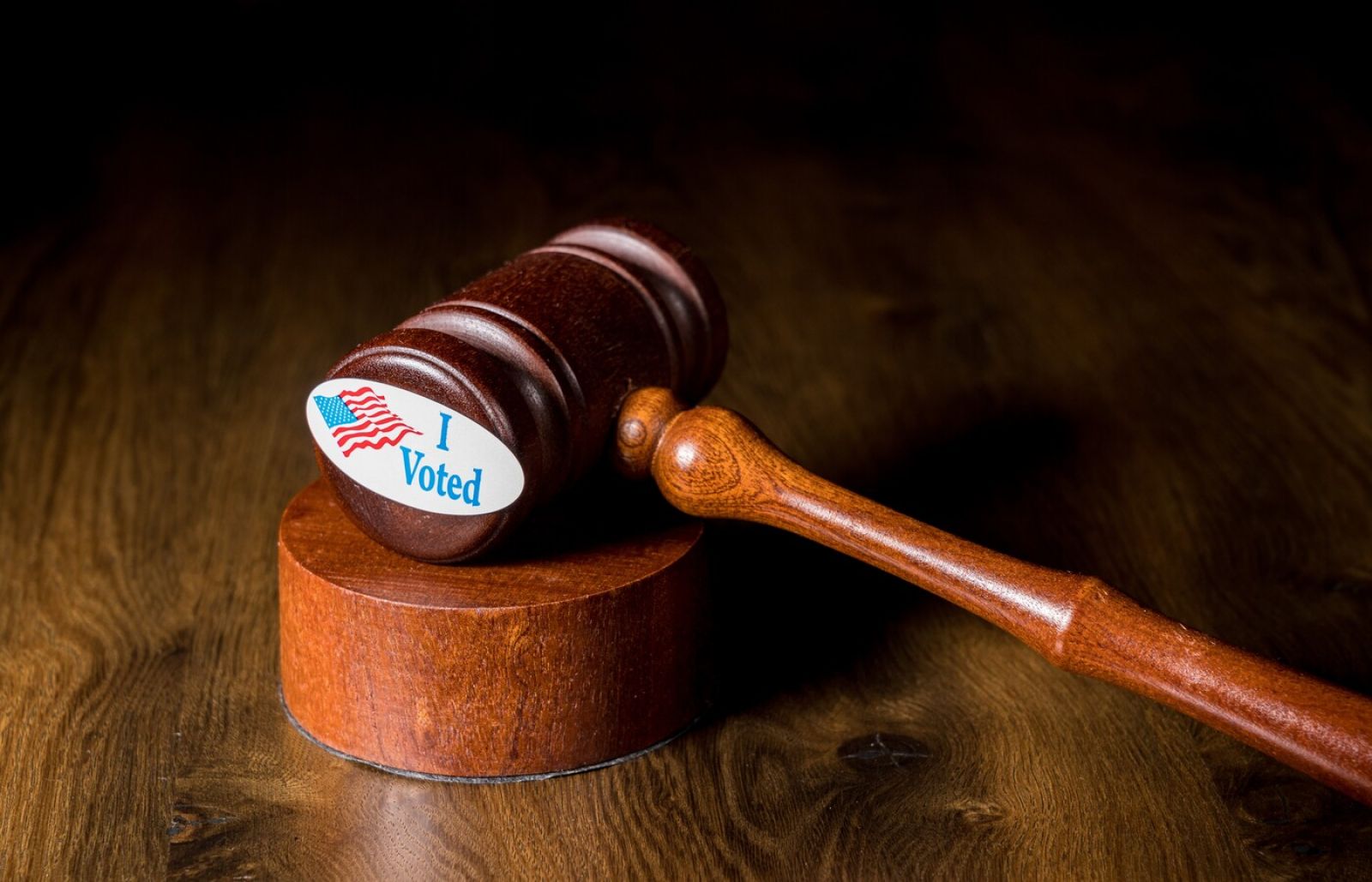June 7, 2023
By Bill Raftery
This year dozens of bills were introduced to alter how states select their judges. With over 25 different systems in place for selecting appellate and general jurisdiction court judges, many of the proposed and enacted plans looked similar to selection methods already in place in other states. Several states enacted substantial changes. Among these include:
- Idaho S.B. 1148 as enacted, alters the state’s existing merit/commission-based selection system. The bill removes the power of the Board of Commissioners of the Idaho State Bar to name 3 members of the judicial council, which among other things serves as the state’s judicial nominating commission. S.B. 1148 also increases the council from 7 to 9 members and gives the governor the power to name all commissioners. It further provides that when judicial vacancies occur, the governor can receive 2 lists of names from the council. Finally, the law removes a provision that allows a judge's incumbency to be indicated on the ballot.
- Utah S.B. 129 as enacted is similar to Idaho’s bill in that both remove the role of the state’s bar in naming members of the state’s judicial nominating commissions. For example, before S.B. 129 the Utah Appellate Court Nominating Commission was made up of 7 commissioners, 2 of whom came from a list provided by the Utah State Bar and 1 appointed by the chief justice of the Utah Supreme Court to serve as an ex officio, nonvoting member. With the enactment of S.B. 129, the governor selects all 7 members.
Other proposals that were approved by at least one chamber include:
- Montana - numerous bills advanced to change how its supreme court justices are selected. Currently, justices are elected in non-partisan races. If a justice runs unopposed for re-election, the justice is subject to a yes/no retention election. H.B. 595, which cleared the House, would have changed the state’s non-partisan supreme court elections to partisan ones. H.B. 915 would have amended the state’s constitution to end elections outright and replace them with a system where the governor would nominate, and the state’s senate confirms justices to 6-year terms. Additional terms would require renomination and reconfirmation.
- North Carolina - H.B. 259, also known as the 2023 Appropriations Act, included a provision that would allow the legislature more power over judicial selection. Most North Carolina Superior Court judges are elected by the counties they serve, but the state also has appointed "special" judges who can fill in as needed. These judges are normally selected by the governor, however, the Senate version of the Appropriations Act provides for 10 new Special Superior Court judges to be named by the legislature itself rather than the governor.
These and other bills affecting the courts can be found at Gavel to Gavel. Information about state judicial selection systems can be found at www.ncsc.org/judicialselection.
Is your state considering a change in how judges are selected? We’d like to know. For more information or questions, contact Knowledge@ncsc.org or call 800-616-6164. Follow the National Center for State Courts on Facebook, Twitter, and LinkedIn.
